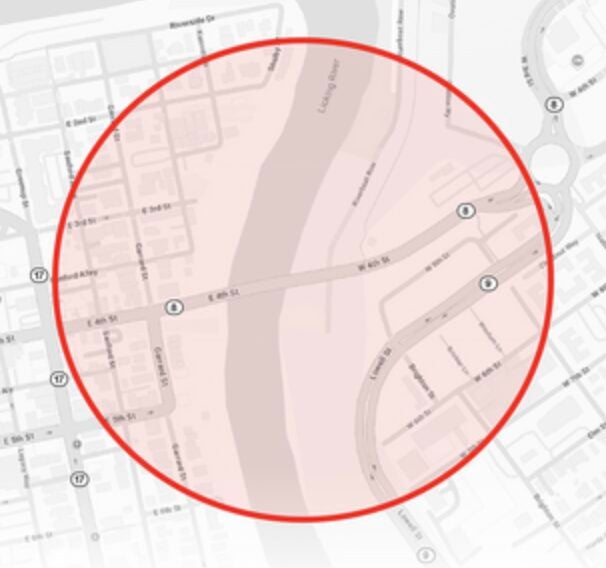The Judicial Nominating Commission, led by Chief Justice of Kentucky John D. Minton Jr., announced nominees to fill the judicial vacancy on the Kentucky Court of Appeals to be left by the resignation of Judge Joy Kramer.
The vacancy is in the 6th Appellate District, Division 2, which is composed of the Commonwealth’s 21 northernmost counties.
The three nominees for the judgeship are attorneys Susanne Mowery Cetrulo of Edgewood, Mary Kathleen (Kate) Molloy of Crescent Springs and Virginia Hamilton Snell of LaGrange.

Cetrulo is a founding partner of the law firm of Cetrulo, Mowery & Hicks. She has been in private practice for 30 years. She received her juris doctor from Northern Kentucky University Salmon P. Chase College of Law.
Molloy has served as a senior staff attorney for the Supreme Court of Kentucky for six years and was previously in private practice for more than 30 years. She received her juris doctor from Northern Kentucky University Salmon P. Chase College of Law.
Snell is a partner with the law firm of Wyatt, Tarrant & Combs, where she has practiced for more than 30 years. She received her juris doctor from the University of Texas School of Law.
The judicial seat will become vacant when Court of Appeals Judge Joy A. Kramer retires Sept. 1.
Kentucky Court of Appeals
The Kentucky Court of Appeals, along with the Supreme Court of Kentucky, was formed after the 1975 enactment of the Judicial Article that created Kentucky’s unified court system. Fourteen judges, two elected from each of the seven appellate districts, serve on the Court of Appeals for terms of eight years.
Nearly all cases heard by the Court of Appeals come to it on appeal from a lower court. If a case is tried in Circuit Court or District Court and the losing parties involved are not satisfied with the outcome, they may ask for a higher court to review the correctness of the trial court’s decisions. Some cases, such as criminal case acquittals and divorces, may not be appealed. In a divorce case, however, child custody and property rights decisions may be appealed. With a few exceptions, most cases appealed from Circuit Court go to the Court of Appeals. The case is not retried at the appeals level. Instead, the original trial record is reviewed, with attorneys presenting the legal issues to the court for a decision.
Court of Appeals judges are divided into panels of three to review and decide cases, with the majority deciding the outcome. The panels do not sit permanently in one location, but travel throughout the state to hear appeals. When the Court of Appeals publishes its rulings on cases, those rulings become the governing case law for all such similar cases in the trial courts of Kentucky.
The Judicial Nominating Commission helps fill judicial vacancies by appointment when a vacancy occurs outside of the election cycle. The Kentucky Constitution established the JNC. Ky. Const. § 118; SCR 6.000, et seq.
When a judicial vacancy occurs, the executive secretary of the JNC publishes a notice of vacancy in the judicial circuit or the judicial district affected. Attorneys may recommend someone or nominate themselves. The names of the applicants are not released. Once nominations occur, the individuals interested in the position return a questionnaire to the Office of the Chief Justice. Chief Justice Minton then meets with the Judicial Nominating Commission to choose three nominees. Because the Kentucky Constitution requires that three names be submitted to the governor, in some cases the commission submits an attorney’s name even though the attorney did not apply. A letter naming the three nominees is sent to the governor for review. The governor has 60 days to appoint a replacement and his office makes the announcement.
The Judicial Nominating Commission has seven members. The membership is comprised of the chief justice of Kentucky (who also serves as chair), two lawyers elected by all the lawyers in their circuit/district and four Kentucky citizens who are appointed by the governor. The four citizens appointed by the governor must equally represent the two major political parties, so two must be Democrats and two must be Republicans. It is the responsibility of the commission to submit a list of three names to the governor and the governor must appoint a judge from this list of three.

















